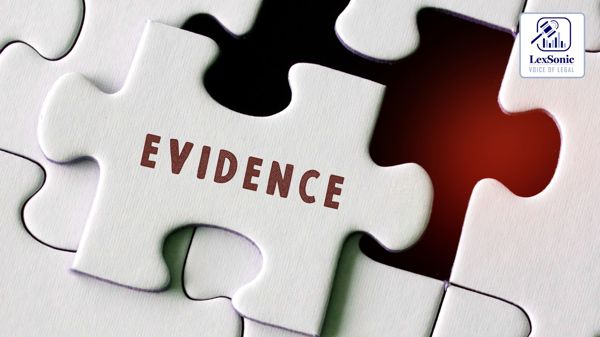The recent dismissal of a review application in a case concerning the execution of a Will highlights the strict limitations on the power of judicial review. The judgment, delivered in FAO No.203/2008, underscores that a review is not a second bite at the apple but a narrow legal remedy available only for specific, compelling reasons. The case provides a clear articulation of the principles governing review applications, particularly in the context of proving the validity of a Will.
The Applicant’s Grounds for Review:
The appellant, who was seeking a review of the court's prior judgment, raised several arguments, contending that the court had inadvertently overlooked crucial facts and legal questions. The core of their claim rested on these points:
Unchallenged Will Execution: The appellant argued that since the respondents did not object to the execution of the Will, and the signature of one attesting witness was proved, a presumption of genuineness should have been made.
Presumption of Genuineness: The appellant claimed that in the absence of cogent evidence from the opposing legal heirs to rebut the Will's authenticity, the court should have presumed it to be genuine.
Thirty-Year-Old Document: Citing Section 90 of the Indian Evidence Act, 1872, the appellant contended that since the Will was over thirty years old, a legal presumption of its proper execution and attestation should apply.
No Cross-Examination on Execution: The appellant's counsel asserted that the lack of cross-examination on the execution of the Will should have been taken as a strong presumption in their favor.
Section 69 of the Evidence Act: The appellant sought to reinterpret the requirements of Section 69, which governs proof of a document where no attesting witness is available. They argued that proving the signature of an attesting witness should be sufficient, without needing to separately prove the signature of the Testatrix (the person who made the Will).
The appellant also cited several precedents to support their claims, including Chanchal Dhingra v. Raj Gopal Mehra and State of U.P. v. Nahar Singh (Dead) and Others, to argue that a witness's testimony, if not challenged in cross-examination, should be accepted as true.
The Court’s Firm Rebuttal:
The court meticulously analyzed each of the appellant’s arguments and found them to be outside the limited scope of a review application. The judgment reiterated that a review is permissible only for a discovery of new evidence or an error apparent on the face of the record. It cannot be used to re-argue a case or to challenge a decision that is simply deemed "erroneous."
Key Takeaways from the Dismissal:
Review is Not an Appeal in Disguise: The court emphasized that the appellant was attempting to use the review application as a second appeal, which is not permissible. All the arguments now raised had been considered and addressed in the original judgment.
The Applicability of Section 69 of the Indian Evidence Act: The court rejected the appellant's interpretation of Section 69. It clarified that the word "and" in the section means that both conditions—proving the signature of at least one attesting witness and proving the signature of the executant—are mandatory and must be fulfilled. The court stated that the appellant had failed to prove the genuineness of the Testatrix's signature, a fundamental requirement under the law.
The 30-Year Rule (Section 90): The court dismissed the appellant's reliance on Section 90 of the Evidence Act. It held that the relevant date for determining whether a document is thirty years old is the date of filing the case, not the date of the review application. Since the probate case was filed in the year 2000, the Will, executed in 1972, did not meet the thirty-year criterion at that time.
Lack of Cross-Examination: While acknowledging the legal principle that a statement unchallenged in cross-examination can be accepted, the court noted that the appellant's testimony did not specifically state that the signature on the Will belonged to the Testatrix. Moreover, the appellant admitted to not being present during the Will's execution, which further weakened their claim. The court concluded that the lack of cross-examination did not, on its own, fulfill the mandatory legal requirement of proving the Testatrix's signature.
Conclusion: A Judicial Reminder of Boundaries
The dismissal of this review application serves as an important reminder of the strict boundaries of judicial review. It makes it clear that courts will not entertain applications that seek to re-litigate a case under the guise of correcting a mistake. The judgment reaffirms that the burden of proving a Will's validity rests squarely on the propounder (the person presenting the Will), and this burden must be discharged by fulfilling all statutory requirements, no matter how old or seemingly authentic the document. The decision reinforces the integrity of the judicial process by preventing review from becoming a tool for endless litigation.
Section 67, Indian Evidence Act - 1872
Section 68, Indian Evidence Act - 1872
Section 69, Indian Evidence Act - 1872
Section 90, Indian Evidence Act - 1872
Section 138, Indian Evidence Act - 1872
Section 146, Indian Evidence Act - 1872
Indian Evidence Act, 1872

